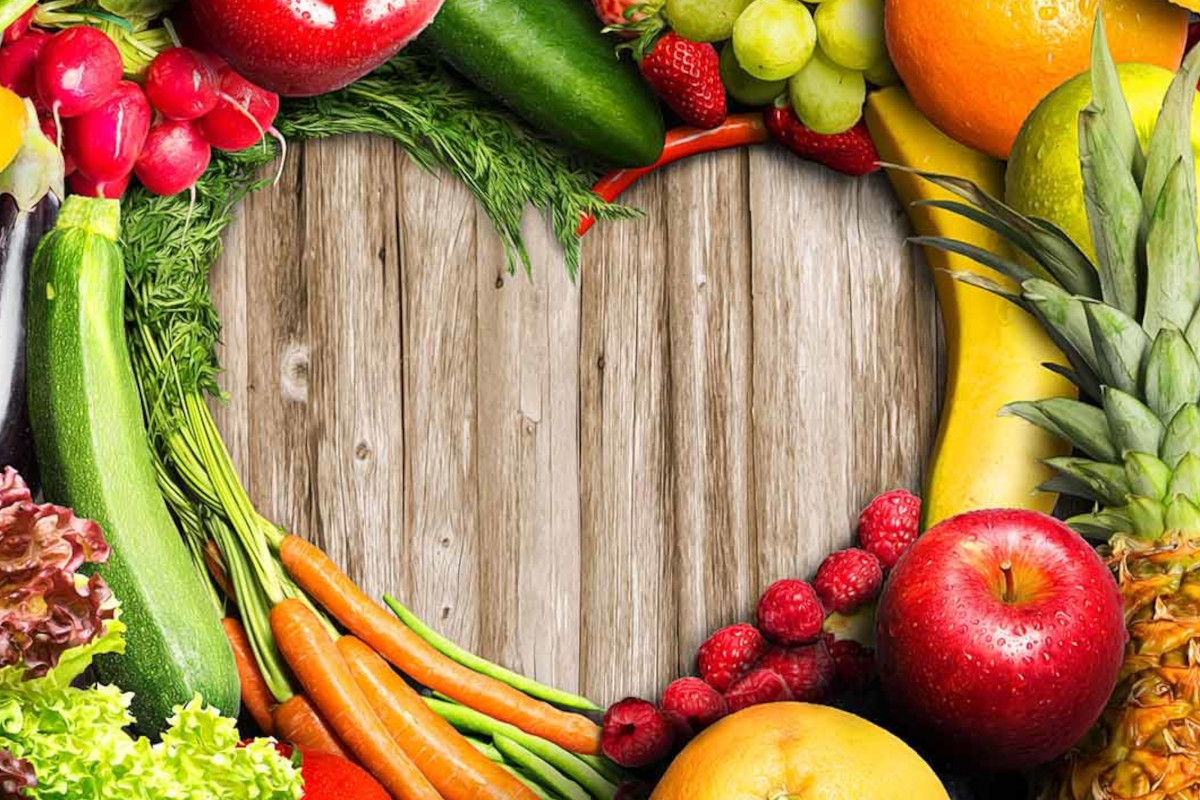
According to a recent analysis by the Divulga research firm, Italian cuisine ranks as the most sustainable globally, thanks to its highly efficient agricultural production system. Over the past three decades, Italy has outperformed other nations in cutting climate-altering emissions.
In terms of profitability, Italy’s agri-food sector showcases impressive figures: over €620 billion in revenue from farm to table, including €72 billion from agriculture, €178 billion from the food and beverage industry, €146 billion from retail trade, €164 billion from wholesale trade, and €63 billion from restaurants. Italy also leads the world in protected geographical indications, boasting 853 designations, ahead of France’s 713 and Spain’s 357. Italian farmers top Europe in value added per hectare, with €2,968, nearly double the €1,822 generated by German farmers and the €1,590 by their French counterparts.
The Divulga Study Center’s analysis further highlights Italy’s agri-food chain as the most sustainable in Europe. Agricultural emissions per unit of value added are among the lowest in major European countries and well below the EU average. Italy’s emissions stand at 1.26 kg of carbon dioxide per hectare, compared to 1.58 in Spain, 2.28 in France, 2.45 in Germany, and 4.1 in Poland, with the EU average at 2.15 kg.
From 1990 to 2020, Italian agriculture reduced emissions by 23%, outpacing the EU average reduction of 18%. In stark contrast, agricultural emissions increased by 7% in the United States, 9% in China, 29% in India, and 51% in Brazil over the same period.
